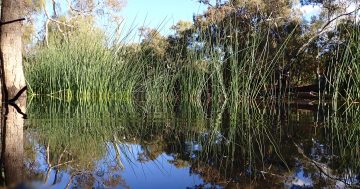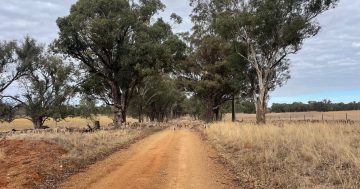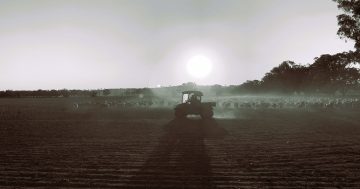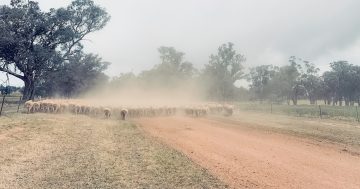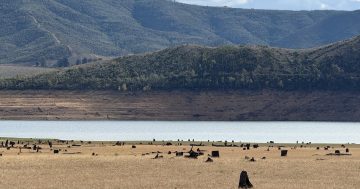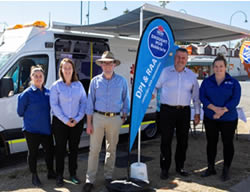 The Department of Primary Industries (DPI) has found drought conditions continued to impact on NSW regional communities during the month of August, reporting another below average rainfall for the period.
The Department of Primary Industries (DPI) has found drought conditions continued to impact on NSW regional communities during the month of August, reporting another below average rainfall for the period.
Leader of Climate Applications for DPI, Anthony Clark said the drought had now been going for 24 months or more in many parts of NSW resulting in failed cropping seasons, low water availability and stock feed deficits.
“Winter rainfall, a key time for hydrological and soil water recharge, was below average for much of NSW, which creates a challenging scenario for water resource managers, irrigators and dry land farming operations over the next 6 months.” Dr Clark said.
“Field reports indicate very low ground cover, a low area of winter crop, and with no soil moisture or irrigation water, the prospects of sowing summer crop is also poor at this stage.”
Dr Clark said the prospects of the drought breaking this Spring were not favourable.
Deputy Director General of Engagement and Industry Assistance at DPI, Brett Fifield echoed Dr Clark’s comments saying a state-of-the-art emergency command vehicle was now on the road to bring front line drought assistance to regional communities.
“DPI’s drought assistance bus will tour the State, from Tenterfield to Trangie and Broken Hill to Bathurst, with staff from the NSW Rural Assistance Authority (RAA) and Rural Resilience teams on board to help farmers with questions about assistance, complete applications on the spot and to talk about what help they need,” Mr Fifield said.
“We are committed to connecting with communities, industries and people, therefore I would encourage anyone that needs support or struggling with what help is available to visit the team.”
Further drought related advice and assistance can be accessed through DPI’s droughthub website at this PS News link.


